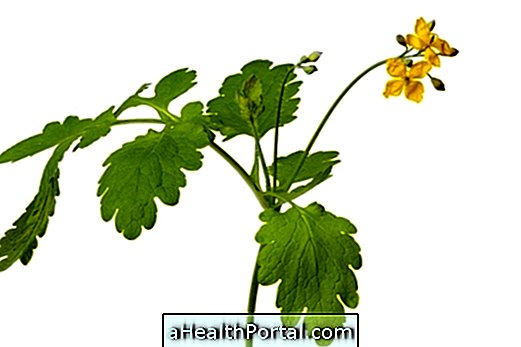Radish is a root, also known as Radish, which can be used as a medicinal plant to make medicines to treat digestive problems or swellings, for example.
Its scientific name is Raphanus sativus and can be purchased at natural products stores, markets and markets.
What is the radish for?
The radish serves to help in the treatment of arthritis, bronchitis, gallstones, catarrh, constipation, bloating, skin problems, poor digestion, sore throat, gout, cold, rheumatism and cough.
Properties of radish
The properties of radish include its digestive, soothing, diuretic, laxative, mineralizing and expectorant action.
How to use radish
Radish can be used raw in salads, soups and stews.
Side effects of radish
Side effects of radish include gas production and allergies, especially in aspirin-sensitive individuals.
Contraindications of radish
No contraindications were found for radish.



Nutritional information
| Components | Amount per 100 g of radish |
| Energy | 13 calories |
| Water | 95.6 g |
| Proteins | 1 g |
| Fats | 0.2 g |
| Carbohydrates | 1.9 g |
| Fibers | 0.9 g |
| Folates | 38 mcg |


























